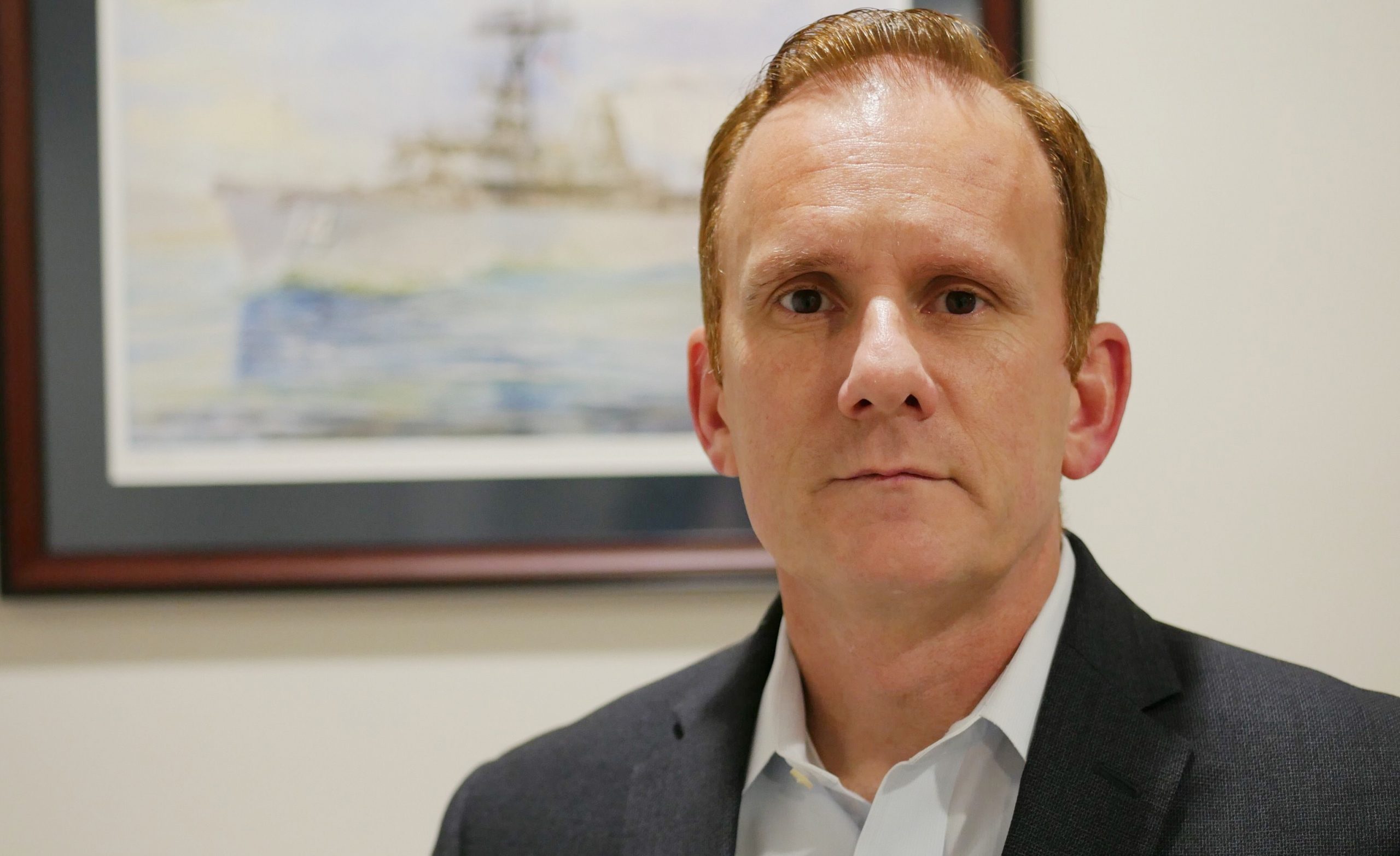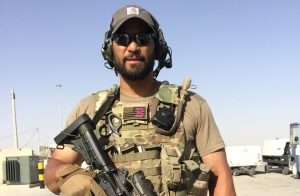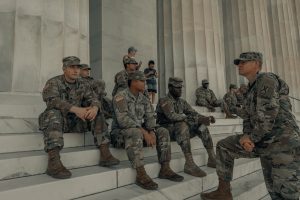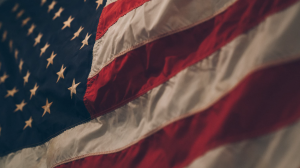A message from Steven Giordano, Master Chief Petty Officer of the Navy (Ret):
I believe it is important for policymakers and our citizens to understand the unique position of Servicemembers and Veterans in higher education. It seems evident to me that our choices are being doubted and undervalued, the merits of our programs overlooked, and our reasoning misunderstood.
I spent half of my 30-year career in the United States Navy serving as a Command Master Chief, Force Master Chief, Fleet Master Chief, and finally as the 14th Master Chief Petty Officer of the Navy. As the 14th Master Chief Petty Officer of the Navy, I served as the senior enlisted advisor to the Secretary of the Navy and the Chief of Naval Operations in all matters dealing with enlisted personnel and their families. This includes the importance of providing flexible and alternative higher education opportunities for the more than 280,000 Sailors serving across the globe.
The military has always encouraged the pursuit of education, the pursuit of personal effectiveness, and the pursuit of continuous improvement in order to develop as a leader. One key element in the development of leaders is a strong foundation of higher education. Since the Servicemembers Readjustment Act of 1944, now known as the first GI Bill, Veterans and Servicemembers have shown their discipline and drive in higher education, leading by example. Today, this still holds true. The armed services encourage all who have served or are currently serving our country to find a school and degree program that enables professional and personal growth while fitting the unique circumstances of their life.
For many Servicemembers and Veterans, though, traditional models of higher education do not adapt to our circumstances. This is not to say military students cannot succeed in traditional models, only that there are more barriers for military students to overcome in order to thrive in modern day traditional universities. Like myself, you will find that many Veterans choose nontraditional universities and degree programs for understandable reasons: accessible online delivery removes the barrier of reaching a physical classroom; the faculty are real-life professionals with real-world business experience in areas we find valuable; we work hard to earn our degrees and bring the same tenacity and sense of personal responsibility to our education as we do to serving our country.
I take offense when policymakers doubt my education just because it isn’t from a traditional school. Even now, Secretary Wilkie of the Department of Veterans Affairs aims to take away GI Bill benefits from the Veterans attending or considering attending my alma mater. Professionally, the education gained in pursuit of my degree undoubtedly helped propel me to the highest enlisted rank in the United States Navy, and consistently brought success to the organizations I served and the people I had the honor and humbling opportunity to serve alongside.
It has been too often and for too long that policymakers have not included our voices, the Veterans who completed our degrees, so please consider mine and call on the VA to ensure Veterans’ choice.
-Steven Giordano
Master Chief Petty Officer of the Navy, Retired




